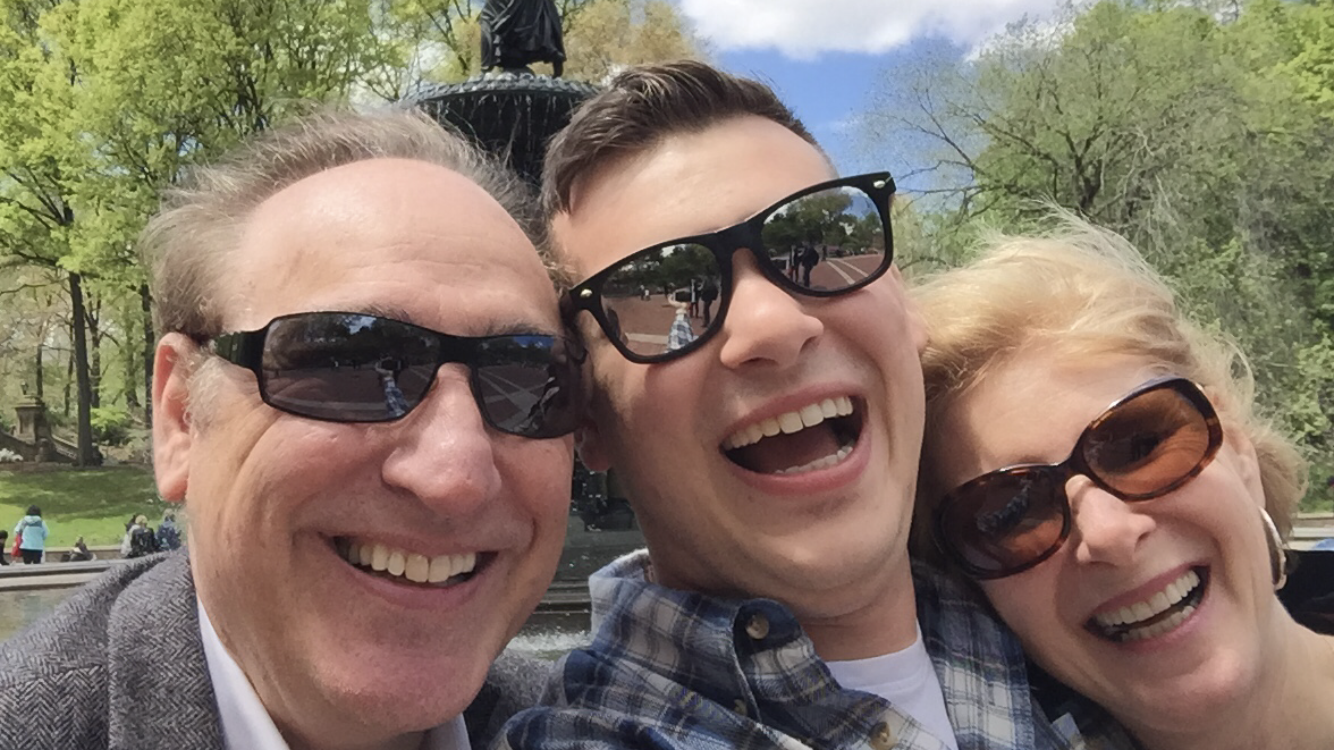I stood staring at the efforts of my husband in awe. Finally after living in our home for seventeen years he has renovated our eye-sore of a laundry room. It looks magnificent. The faded beige walls with metal anchors still in the wall from previous owners, are now spackled and a cheery yellow. The rusted white shelves sprawling with our laundry room chachkas are now organized white cabinets. The splotched plastic sink is now a vanity. I feel so fulfilled seeing my laundry room’s transformation. But here’s what follows my pleasure thoughts. Why did it take us so long to do this!
Then my thoughts go to this. My niece and her husband moved into an exceptional house in move-in condition and immediately took actions to make it theirs. We are such slow movers on projects.
Ooh! I hate seeing my old habit resurfacing—comparing myself to others. As much as I’m better at setting my own standard, comparing still shows up.
Maybe I should be happy about it.
The Gift of Self-Observation
In my last blog I observed myself sparring with my husband, Gus. By reflecting on my observation I decided not to challenge his statements in an accusatory way. I’m only beginning to change my habit, but here’s how I know I’m making progress: he made a statement last night and then asked, “How come you didn’t say, ‘How do you know that?’ Proud of myself!
Self-observation is such a powerful tool. It means admitting you are a work in progress. Aren’t we all? I feel as long as I’m alive it’s an opportunity to grow in insights, inner peace, and opening my heart to love fully.
Self-observation is detective work. We notice something we think, say or do and check how it makes us feel. If we feel shame or unhappy with the thought (in my comparing case), it’s an opportunity to make a change—a change founded on kindness.
Working With Your Insights
How human it is to be flawed, to have areas to improve in. Rather than feel bad about ourselves when we notice a habit or behavior we don’t like, an empowered way to handle it is to praise our self for recognizing it. Then look for what you want to and can do with it.
Self-praise for recognizing my not-so-positive habit . I’m proud of you for catching the comparing! Comparing isn’t all bad. We live in a world amongst others to learn from each other. When you notice others behaviors it can inspire you. If it makes you feel bad, you have the power to catch yourself and STOP.
What do I want to do with my recognition that Gus and I are slow movers? Accept it. We may be slow movers but we do eventually get things done. And we both possess so many other wonderful traits. Better.
What can I do from here on out with my comparing habit? Be playful! I know it’s part of me. When I see it next, I think I‘ll greet it like a phone call that I don’t want to take. Oh, it’s you again. Sorry can’t talk.
We are so lucky as humans that we have the ability to be self-aware and that there are so many tools to help us change the way we respond to ourselves. Why not become an action-taking, self-observer!
My award-winning, paperback book is available at Amazon for $14.99 and the ebook for $7.99. If you haven’t already read it, it can help you connect with more love, acceptance and joy to yourself and all others.








